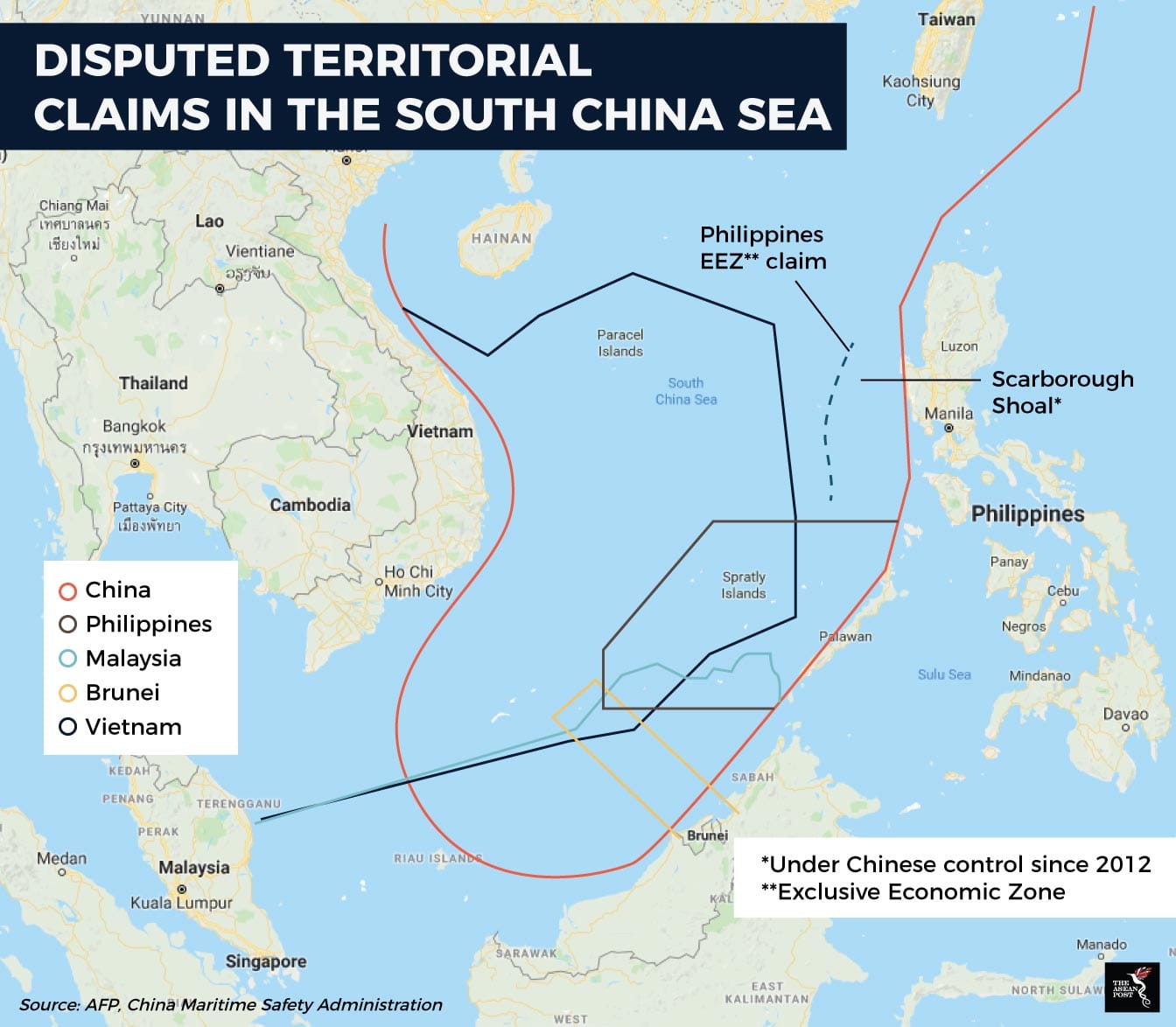Former President Donald Trump has recently voiced his interest in negotiating peace between Russia and Ukraine. His comments come amid the protracted conflict that began nearly three years ago. While Trump highlights his desire for diplomatic resolution, experts and officials remain uncertain about Russian President Vladimir Putin’s willingness to partake in substantive discussions.
Ukraine has been grappling with an ongoing conflict since Russia initiated a full-scale military invasion in 2022. The war has led to widespread destruction, significant loss of life, and a displacement crisis affecting millions. On the international stage, the conflict has had profound implications for geopolitical stability, with NATO and the European Union coordinating various responses ranging from economic sanctions to military aid.
In a recent statement, Trump suggested he could navigate the complex negotiations between Kyiv and Moscow. “I think we can end this very quickly. Both parties want peace, and it’s just about finding the right middle ground,” Trump said. However, this optimism is not widely shared. Analysts caution that Russia’s military achievements and entrenched territorial positions might deter the Kremlin from conceding to negotiations initiated by a U.S. leader.
The strategic stances of both the United States and Russia add nuances to the scenario. During his presidency, Trump faced criticism for his perceived leniency towards Moscow, including his comments on President Putin which often drew bipartisan rebuke. Critics argue that this history could complicate Trump’s attempts to act as a neutral mediator. Meanwhile, Putin’s focus on reinforcing Russian military and political interests signals a strategy less inclined towards immediate negotiations. His administration has declared sovereignty over territories such as Crimea and regions in Eastern Ukraine, posing a challenge for any diplomatic talks that might involve territorial concessions.
Diplomatically, the landscape is both fragile and dynamic. Ukraine’s President Volodymyr Zelenskyy has steadfastly called for the restoration of full sovereignty and an end to Russian aggression. In contrast, President Putin has often described the war as a necessary measure to protect Russian-speaking populations and counter Western influence near its borders. Such contradictory perspectives are likely to impede the creation of a unified framework for peace talks.
Western analysts suggest that escalating pressure—diplomatic or economic—on Russia could bring it to the negotiating table. However, experts warn this may be insufficient if enhanced by significant military achievements by Ukrainian armed forces or new geopolitical incentives for Moscow. Furthermore, Putin has maintained a stance that appears more aimed at reinforcing Russia’s position in occupied territories rather than showing a genuine willingness to cede to peace-driven compromises.
As Trump’s initiative gains publicity, questions also arise about the role of the United States in the conflict. Since the onset of Russia’s invasion, the U.S. under the Biden administration has been one of Ukraine’s most prominent supporters, delivering significant military aid and rallying international support. A shift towards negotiation-centric strategies without Kyiv’s explicit agreement risks jeopardizing U.S.-Ukraine relations. Ukrainian officials have previously warned against “peace at any cost” proposals that could undermine their national integrity or place them in a strategically disadvantageous position.
In Moscow, Kremlin officials have remained noncommittal about the prospect of peace talks initiated by the former U.S. President. Instead, Russian statements aim to portray its long-standing grievances with NATO as unresolved. Additionally, any framework involving third-party countries will likely depend on how influential these mediators could be in enhancing Russia’s national security guarantees.
Despite the uncertainties, the possibility of opening a diplomatic channel brings both hope and challenges. Experts assert that international cooperation, compromises from both parties, and robust guarantees will be crucial for achieving any sustainable resolution.
As the conflict rages on, the human toll continues to rise. Civilians remain most vulnerable, with constant shelling, economic hardships, and displacement marking their lived experiences. Amid calls for negotiations, impacted populations express skepticism that distant political agreements will offer immediate respite to their ongoing suffering.
A broader question emerges: Will Trump proceed with substantive groundwork to establish concrete proposals? And, perhaps more concerning for observers worldwide, can President Putin be persuaded to prioritize diplomacy over expanding territorial dominance?
The road to peace in Ukraine remains fraught with complexities, making it imperative for all stakeholders to tread carefully as they approach discussions. With multiple actors involved, ranging from global superpowers to local communities, achieving a resolution will require unprecedented levels of collaboration and goodwill. For now, both Trump’s ambition and Putin’s ultimate intent remain important dynamics under increasing international scrutiny.


